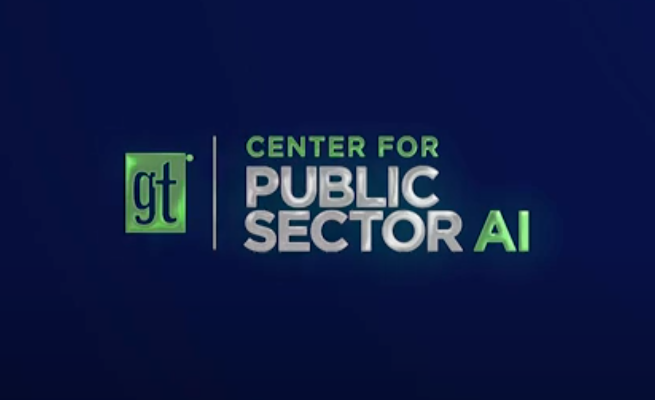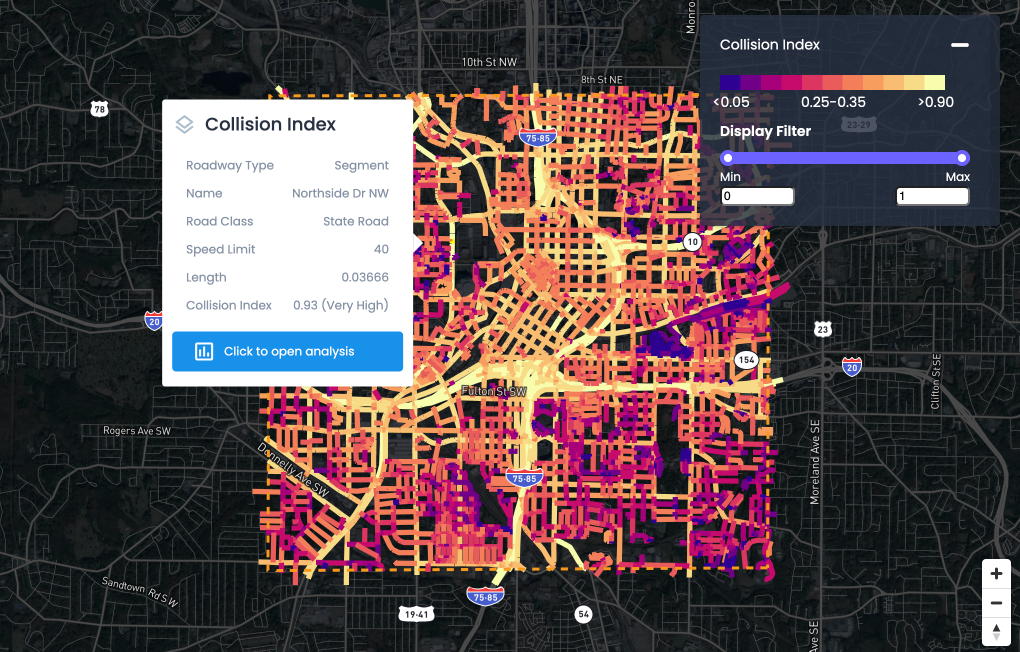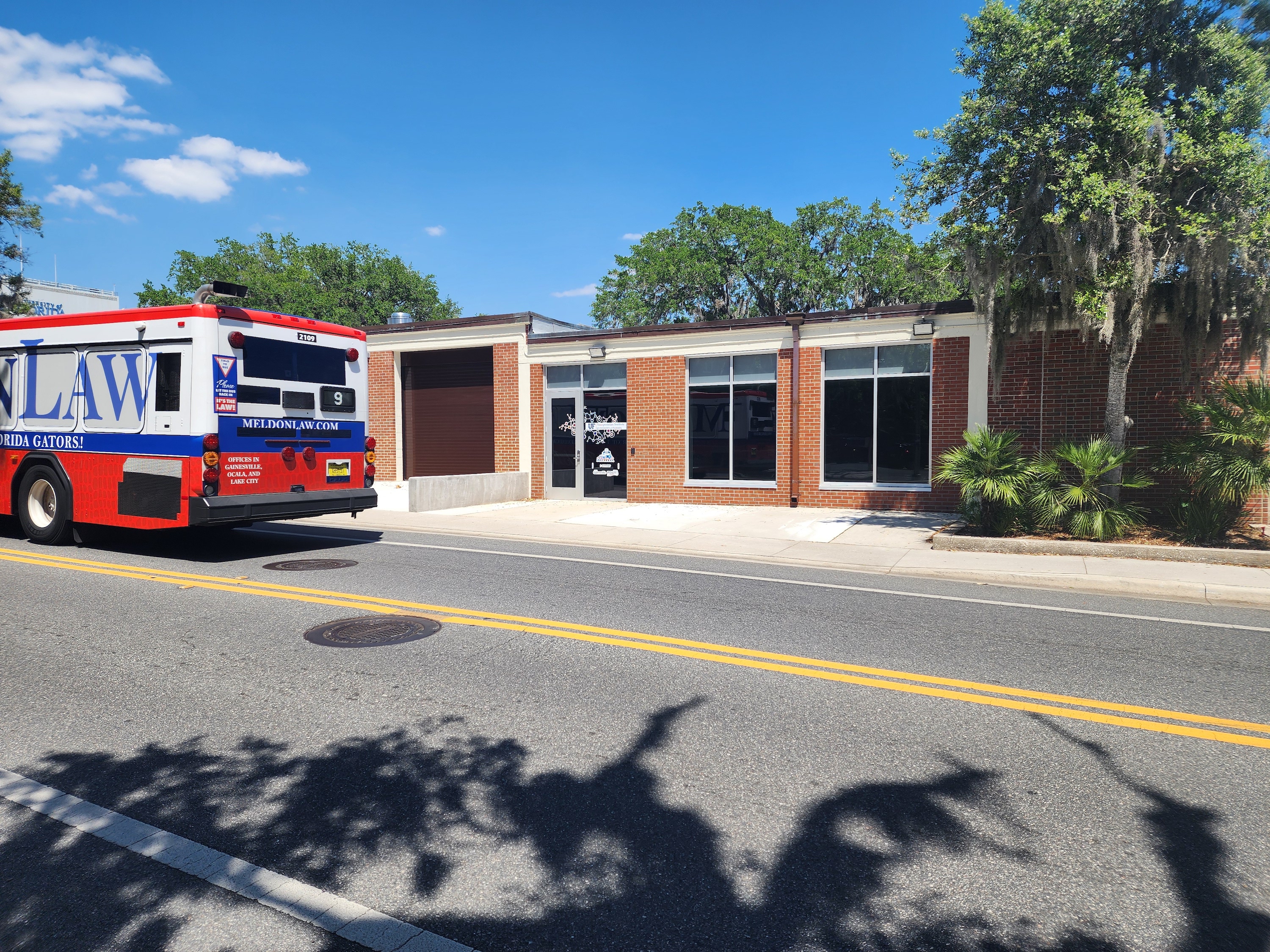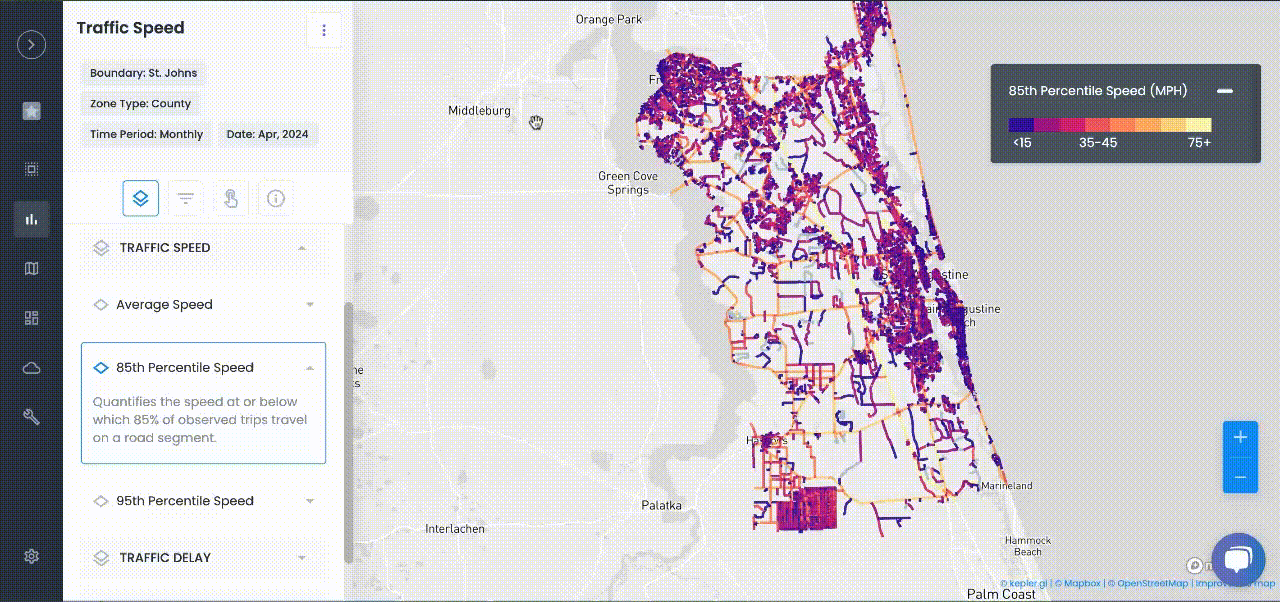
Articles
Increasing Road Safety with Automated Traffic Enforcement
One way to increase road safety is an exploration of expanding the use of automated traffic enforcement.
One way to increase road safety is an exploration of expanding the use of automated traffic enforcement.
One of the problems with traffic enforcement right now, leaving aside the issue of roadway design encouraging risky behaviors, is that enforcement can be random.
Another problem is safety — although they have training, high speed pursuits can be as dangerous to officers as to suspects and people going about their business. Even a routine stop can expose an officer to being struck by a passing vehicle.
Automating enforcement will ensure that enforcement is equitable and keep officers safe, making it a valuable investment for local governments.
Speed cameras
Speed cameras have been used around the globe for decades.
They can take a photo of the license plate of a speeding car and send a fine to the mailing address associated with that license. People are, of course, free to contest citations, so it’s not like the process has become arbitrary and unjust.
In Europe, a study by the European Commission, a body of the European Union, found that well-placed speed cameras reduced crashes by up to 69% and fatalities by up to 71%. They were most effective in cities.
According to Streetsblog NYC, 59% of road deaths in New York City occurred at times when the cameras were unable to enforce violations, since they were restricted to certain operating times.
On top of that, they reported that speeding was a factor in 80% of fatal crashes and speeding fell 72% in areas with cameras.
Crash forecasting
Automated enforcement can also be applied to other dangerous driving styles.
Teamed with artificial intelligence, cameras can be trained to recognize multiple driving behaviors, like running red lights, making illegal turns, and other kinds of reckless driving.
In Las Vegas, according to The Review-Journal, the Nevada Highway Patrol used AI to analyze crash data and come up with locations about a mile before areas with high numbers of crashes to put signs and patrol cars. The analytics helped reduce crashes by 18% and speeding by 43%.
In Jacksonville, law enforcement officials used machine learning and historical data trends to forecast daily crash hot spots. This enabled them to optimize their dispatching and place officers at intersections where a crash was most likely to occur. In the first year of doing so, the city encountered 38 fewer traffic deaths.
Ethics of automated enforcement
Although 20+ states have adopted some kind of automated traffic enforcement, there are still concerns about them violating people’s rights.
Several states have banned speed cameras, with the Missouri state supreme court ruling their use was unconstitutional.
However, there are also civil rights arguments for automated traffic enforcement.
Firstly, there’s the aforementioned problem that the number of motorists so outpaces the ability of police to enforce traffic laws equally.
Also, reducing the occasions for police to have face-to-face encounters with civilians also reduces the opportunity for those encounters to escalate.
USDOT’s commitment to justice under the current administration could also help make sure the cameras are deployed in a way that furthers public safety while enhancing equity.
<hr></hr>
Learn more about how Urban SDK can help your organization make informed decisions using critical data. Contact our team here.

NEWS
Recent Announcements
See how public sector leaders succeed with Urban SDK.

Company News
Urban SDK Joins Government Technology’s AI Council to Help Shape the Future of AI in the Public Sector
We’re proud to announce that Urban SDK has officially joined the AI Council, part of Government Technology’s Center for Public Sector AI

Company News
Collision Index: Proactive Traffic Safety Powered by AI
Communities now have another layer of road safety thanks to Urban SDK’s Collision Index

Customer Stories
University of Florida Transportation Institute Partners with Urban SDK to Expand I-STREET Program
Urban SDK and the University of Florida have partnered to expand the university's I-STREET Program
WEBINAR
Identify speeding and proactively enforce issues
See just how quick and easy it is to identify speeding, address complaints, and deploy officers.
